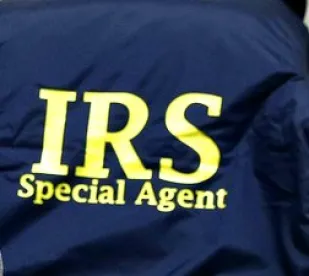With the 2019 income tax return filing deadline of April 15, 2020 looming, many taxpayers dread having to prepare their income tax return and fear owing money to the IRS. This is especially true for those that did not file a tax return last year and those that have not filed tax returns in a number of years. The failure to file a tax return is a serious problem that can come back to haunt you. Whether you owe money to the federal government or you are entitled to a refund of taxes you paid, there are consequences for failing to file an income tax return.
On February 19, 2020 the IRS issued News Release 2020-34 reminding taxpayers of their obligation to file their 2019 federal income tax return by the April 15, 2020 due date. In this news release, the IRS also announced that it is stepping up its efforts to bring high income taxpayers that have not filed returns for 2018 or previous years into filing compliance.
What the IRS defines as high income may be less than what many suspect. The IRS defines "high income non-filers" as those taxpayers who generally received income in excess of $100,000 during a tax year and did not file a tax return with the IRS. Paul Mamo, director of Collection Operations, Small Business/Self Employed Division, states that these visits focusing on such high income taxpayers will be taking place across the country. This step is part of the IRS's effort to ensure compliance and fairness in the tax system, and to send a message to those that do comply with their filing and payment obligations that the IRS is aggressively pursuing others who have failed to satisfy their obligations.
For the current tax season, the IRS reminds taxpayers that everyone should file their 2019 tax return by the April 15 filing deadline regardless of whether they can pay in full. Six-month filing extensions are also available, although that does not extend the April deadline for paying any taxes owed.
"Taxpayers having delinquent filing or payment obligations should consult a competent tax advisor before waiting to be contacted by an IRS revenue officer," Mamo said. "It is always worthwhile to take advantage of various methods of getting back into filing or payment compliance before being personally contacted by the IRS."



 />i
/>i

